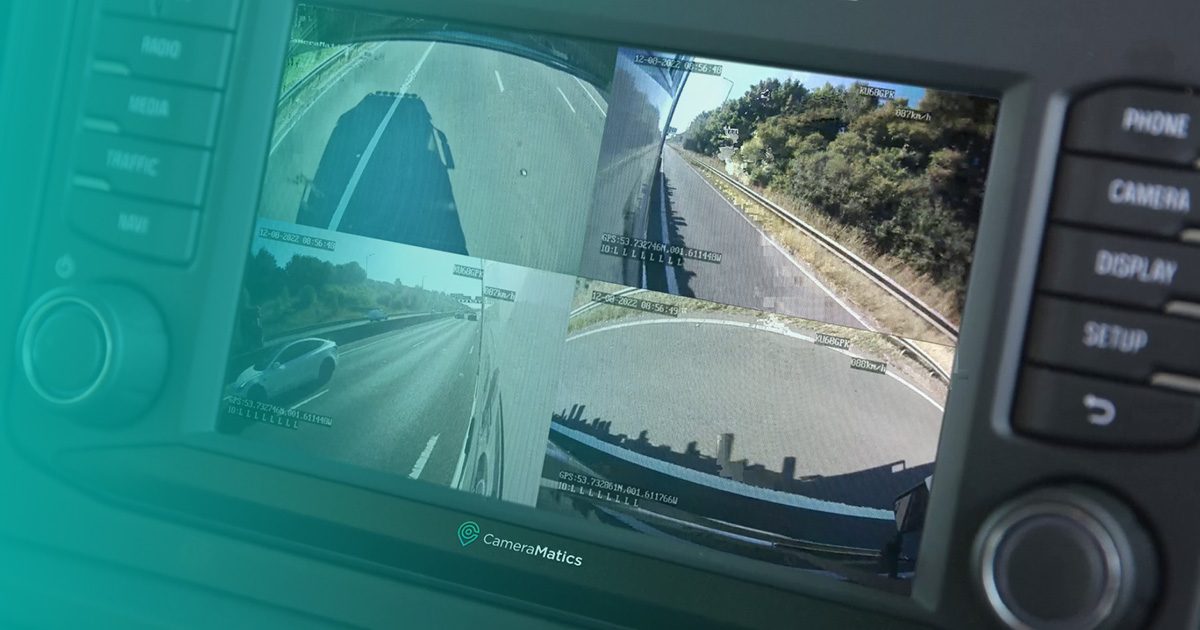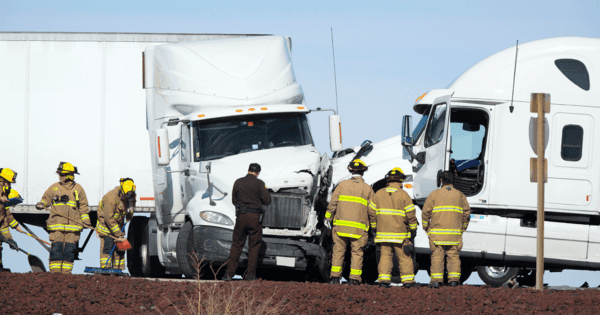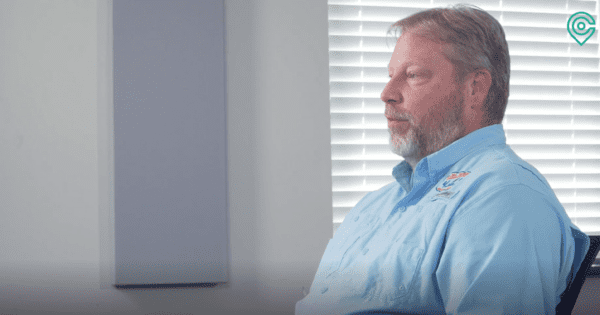Here’s an interesting fact: over 25% of UK drivers now have a dashcam in their vehicle. That represents an astonishing rise from what was effectively zero ten years ago. And here’s something even more interesting: an increasing number of cars leave the factory floor not just with forward-facing cameras fitted, but side cameras as well.
In other words, the move to the dashcam is just the start.
If you think about that, it stands to reason. Safety on the road matters to us all. So does keeping insurance costs down and ensuring that in the event of an accident things get resolved – or fraudulent claims are successfully defended – quickly and cost-effectively.
So, here’s the question: if motorists in private cars are already moving to more sophisticated camera systems, why would a commercial fleet – no matter what sort of vehicles it contains – settle for basic dashcams? After all, when your fleet and your drivers are your business, or at least a vital part of it, doesn’t it make sense to take additional care?
Why multi-cameras matter
It isn’t surprising that dashcams are usually the first step a business takes when it comes to using cameras for safety across their fleet. Forward is the direction of travel. But there are several good reasons why the simple forward-facing camera may not be enough. Here’s three for starters:
- Most collisions involve impacts from the side or the rear rather than the front. So, in the event of an accident, you are significantly more likely to have the footage you need to either settle quickly or challenge fraudulent claims – which in turn means major cost savings.
- When connected to monitors and automated warning systems, cameras can prevent accidents entirely, which quite obviously is an even bigger win than dealing with the fallout efficiently. All accidents are expensive, and even then they are caught on camera. Again, think of the reversing cameras now standard on many family cars: it makes sense to have whatever cameras the driver needs to avoid accidents, particularly in commercial fleets. In other words: no more blind spots.
- Cameras are about more than road safety. For commercial businesses, they can prevent fraud and theft, and certainly help if your business is a victim of either. As you can imagine, forward-facing cameras are essentially worthless here. Cameras covering the rear, sides and even interior of the vehicle are required.
Ultimately, forward-facing cameras are limited in terms of their usefulness. And whilst driver-facing cameras (which are often supplied with forward-facing cameras in the same unit) can certainly provide valuable feedback on issues relating to driver behavior, they won’t help when it comes to the types of issues listed above either.

It’s easier than you think
So why aren’t commercial fleets kitted out with multi-camera systems that provide drivers and fleet managers with the vision and the data they need to prevent accidents, theft, and fraud?
Well, one reason is the mistaken belief that ‘it’s complicated.’ That attempting to stitch together various pieces of hardware from various manufacturers, connect them up into something resembling a single system, and be able to interpret all this data from a single place (whether that’s the cab or the office) is going to be difficult to do.
And in many cases, it is. But it doesn’t have to be. A system like CameraMatics provides all the cameras you need, connected automatically, and all feeding into a single, scalable platform that is supported by our local customer success teams. In other words, you can precisely get the amount of coverage you want, all by talking to one organisation.
When that is the case, the logic that multi-cameras are only for large or complex vehicles doesn’t stack up. It is both easy and cost-effective to ensure fleets of light commercial vehicles – and indeed cars, are fully protected and operate as safely as possible.
Ultimate it is up to you. It depends on how important your vehicles and drivers are to your business, and how many accidents, fraudulent claims, and thefts you are willing to live with. But in a world where many private drivers are already enjoying the benefits of multi-camera systems, doesn’t it make sense for commercial fleets, where so much more is on the line, to do the same?






